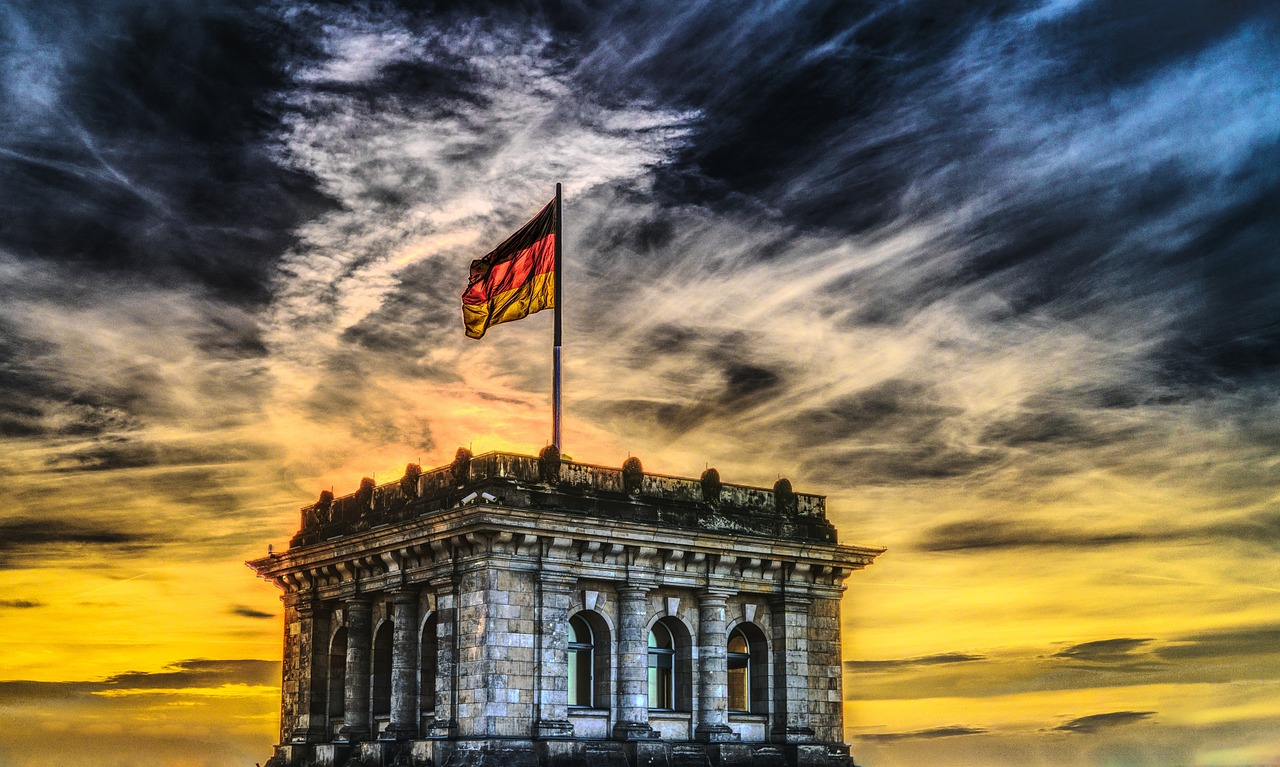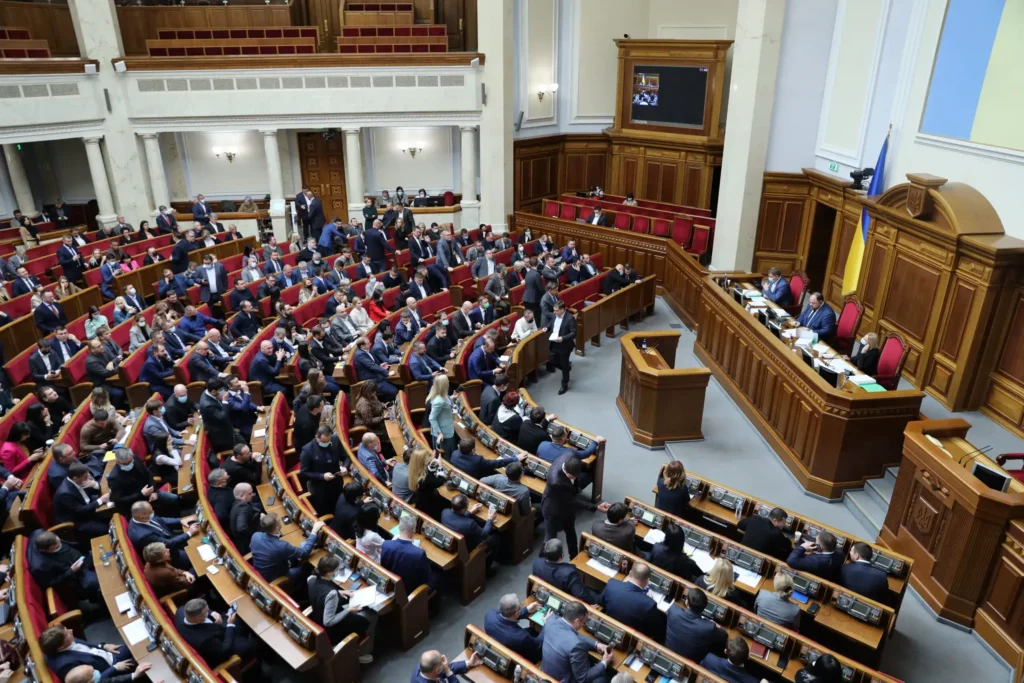Germany opposes confiscation of Russian funds because it fears lawsuits over World War II
29 April 2024 11:27
One of the key reasons why Germany is rejecting the idea of confiscating frozen Russian funds is the fear that it will provoke a series of lawsuits against it for compensation for losses in World War II. The Wall Street Journal writes about this, Komersant ukrainskyi ![]() reports.
reports.
Germany is one of the fiercest opponents of attempts to confiscate some of the nearly $300 billion in assets of the Russian central bank that were frozen at the beginning of Russia’s war against Ukraine. Germany fears that confiscation, rather than freezing the funds, could set a precedent and inspire new lawsuits against them for World War II crimes.
These fears cast doubt on the likelihood of the initiative being implemented. The US and UK say its success is crucial to Ukraine’s victory, but there is little chance of progress without wider European support. After all, two-thirds of Russia’s money is held in European clearing houses.
However, after two years of war, Germany has only supported the use of excess profits to fund the Ukrainian army. Paris, Rome, and the European Central Bank are also hesitant to seize the reserves, as they fear that doing so would damage international confidence in the euro and single-currency assets.
TheG7 countries are divided over whether to confiscate Russian assets, with Japan, which faces its own demands for reimbursement from South Korea and other neighbours, opposing the move. The Japanese Foreign Ministry has stated that it will continue to discuss the issue with its G7 partners.
Demands for further reparations for World War II still haunt Germany. Poland has been demanding $1.3 trillion in compensation from Berlin since 2022, while Greece has been demanding more than $300 billion since 2019.
Germany says its initial post-war payments and a 1990 treaty that fixed the country’s borders after reunification settled the issue. The then-Soviet Union and the United States were signatories to the treaty. Poland, Greece and Italy were not involved.
In 2004, when Poland joined the European Union, Berlin agreed not to support claims against Warsaw by millions of Germans who had been expelled and dispossessed. Poland, in turn, gave up its compensation claims. But this issue remained sensitive.
“When we talk about executioners, victims, punishment, suffering… we demand not only memory, not only truth. We demand compensation,”
– said then-Prime Minister of Poland Mateusz Morawiecki on the 84th anniversary of the German invasion.
So now Berlin argues that international law prohibits individuals from suing states in foreign courts and that state assets are protected from seizure. A violation of this principle in the case of Russia would undermine Germany’s long-standing legal position, Berlin said.
The Russian Foreign Ministry said that the confiscation of Russian assets would be “piracy of the 21st century”. Some Russian officials warned that Russia would retaliate.
Meanwhile, US President Joseph Biden signed a law that allows his administration to confiscate Russian sovereign assets under US jurisdiction. According to congressional representatives, the US owns between $5 billion and $6 billion worth of Russian assets.









